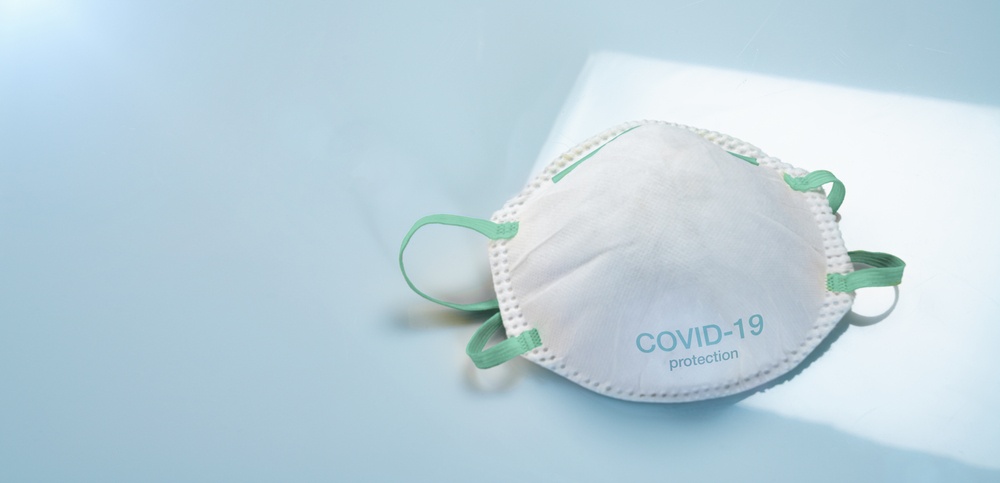When inside a living body, viruses replicate and can take over the immune system, writes Dr. Noor Gill
Amidst all the humdrum of a virus spreading like wild fire and medical practitioners and public figures urging us to stay indoors, wash our hands and asking us not to touch our faces, they forgot to explain to us what is it that we are doing and how will it help. They gave us a long and descriptive list of instructions with legions of dos and don’ts on what to do to not fall sick. But they forgot to entail the details of what to do if we do.
In the thick of grounding us and asking us to go sit in a corner, no one thought of other illnesses. The world got so busy (ironically), so quick. And the definition of sick went from “affected by physical and mental illness” to “contracted with the coronavirus” so suddenly, making all the other indispositionsfeel like the second-string. So let’s get down to it and clarify all your doubts, shall we?
Why should I avoid touching my face?
Our hands help us navigate through things, objects, surfaces, people even. And all of these surfaces, objects and people- as clean as they may appear on the covering- are a host to a gazillion micro-organisms, viruses included. Since viruses are much smaller and cannot he seen through the naked eye, they don’t always come disguised as dusty surfaces. So when you touch a contaminated top, you come in contact with the virus. Now when you touch your nose, face, eyes- you are giving the virus a free access into your body.
Viruses, when present on inanimate objects are ‘inactive’. But when inside a living body, the host, they start to replicate and slowly take over the immune system. Much like an alien invasion in a sci-fi movie.
Why do I need to wash my hands frequently?
After unknowingly coming in contact with the virus, when you wash your hands thoroughly for 20 seconds (as instructed by the WHO) you are breaking the chain. Stopping the spread and containing the infection by not passing it on to another person- while shaking hands, or another object- when you hold the door for someone as a kind gesture.
Why do I have to cover my nose and mouth while coughing or sneezing?
The chief mode of transmission for the corona virus is through droplets- produced when an infected person coughs or sneezes, or through droplets of saliva or nasal discharge from the nose.
Others become infected by inhaling these droplets or coming in contact with them and then touching their faces, eyes and nose.
This is also why wearing a mask is important. If you are sick, it’s always better to make sure you don’t infect another person- you would not only being taking care of yourself but of others around you as well. Wearing a mask if you are sick is more effective than wearing a mask to avoid getting sick.
What to do if I do fall sick?
The lockdown has been extended to May 3, 2020, good.
You might have some difficulty gaining access to some substantial resources and services, not good.
Here’s what you can do if you do find yourself feeling unwell:
- Isolate yourself from others in the family. It might be nothing, but it is always better to take all the necessary precautions, as advised.
- Call your general physician. Explain your symptoms and chief complaints to him, in detail. When it started, has your condition been the same or if it has aggravated. Any relieving or exacerbating factors. Associated symptoms, pain- if any.
- Ask someone from your family to get you the prescribed medication. If you stay alone, ask a friendly neighbour to do you the favour and leave it at your doorstep.
- Take the medication as prescribed, for as long as it is prescribed. Do not stop the medication when you think you’ve gotten better or encounter the slightest relief in your symptoms. Finish the complete course.
- Eat healthier and try taking better care of yourself.
- Make a note of if your symptoms are getting better or worse after taking the medication. If you feel you’re getting better, continue the medication. If you don’t see much change- call your physician, he could try a different medication.
- If you still don’t experience much change or think you are getting worse, go to a hospital to seek the medical help you might be in need of.









Very important topic u have covered with all details thanks.
Thank you for your word of appreciation. Do subscribe to our magazine for future updates and share the link with your friends network.
– Team Seniors Today
Comments are closed.